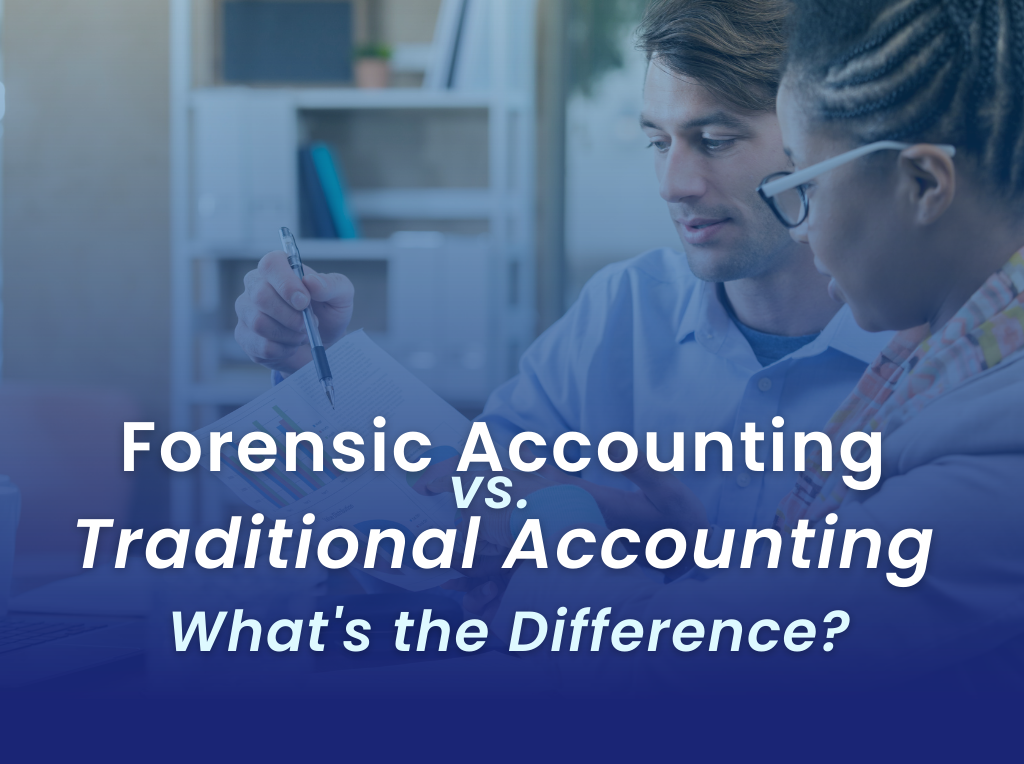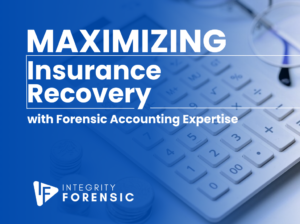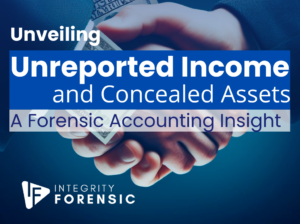Accounting is a fundamental aspect of any business, but not all accounting is the same. When it comes to financial analysis and investigation, two specialized branches emerge: forensic accounting and traditional accounting. In this blog post, we delve into the key differences between these two fields, shedding light on their unique roles and highlighting the distinct skills they require.
- Focus and Purpose: Traditional accounting primarily focuses on preparing and maintaining financial records, analyzing financial statements, and ensuring compliance with accounting standards and regulations. It serves the day-to-day financial management needs of organizations, providing insights into profitability, cash flow, and financial health.
On the other hand, forensic accounting goes beyond routine financial tasks. Its purpose is to investigate, uncover, and analyze financial irregularities, fraud, and other financial crimes. Forensic accountants are often called upon to provide expert testimony in legal proceedings and assist in resolving financial disputes.
- Skill Set and Expertise: Traditional accountants possess a broad range of accounting knowledge, including tax laws, auditing principles, and financial reporting standards. They are skilled in financial analysis, bookkeeping, and the use of accounting software. Attention to detail, accuracy, and adherence to regulations are paramount in traditional accounting.
Forensic accountants, in addition to traditional accounting skills, require specialized expertise in investigative techniques, fraud detection, and legal proceedings. They must possess strong analytical skills, critical thinking abilities, and an understanding of forensic technology tools. Forensic accountants often collaborate with law enforcement agencies, attorneys, and other professionals involved in legal matters.
- Scope of Work: Traditional accountants work within organizations, ensuring accurate financial reporting, conducting audits, and providing financial advice. They contribute to financial planning, budgeting, and strategic decision-making processes.
Forensic accountants, on the other hand, work in diverse environments. They may be engaged by corporations, government agencies, or law firms to investigate suspected financial misconduct. Their work includes tracing funds, analyzing complex financial transactions, and presenting findings in a clear and concise manner that can be understood by non-financial professionals.
While both traditional accounting and forensic accounting are integral to the financial landscape, they serve distinct purposes and require different skill sets. Traditional accounting focuses on routine financial management and compliance, while forensic accounting specializes in investigating financial crimes and providing expert analysis for legal proceedings. Understanding the differences between these two fields helps organizations and individuals appreciate the specific expertise and value that each brings to the table.
At Integrity Forensic, we have a team of experienced forensic accountants to assist you. Call now for a free consultation: 855-673-9999 or send us a message at questions@integrityforensic.com.





